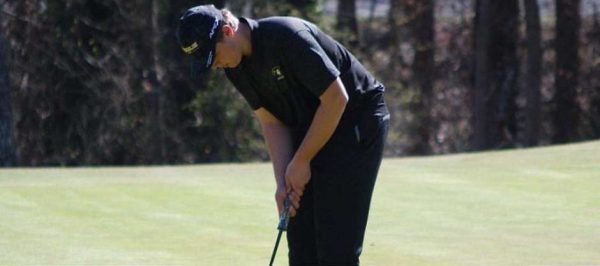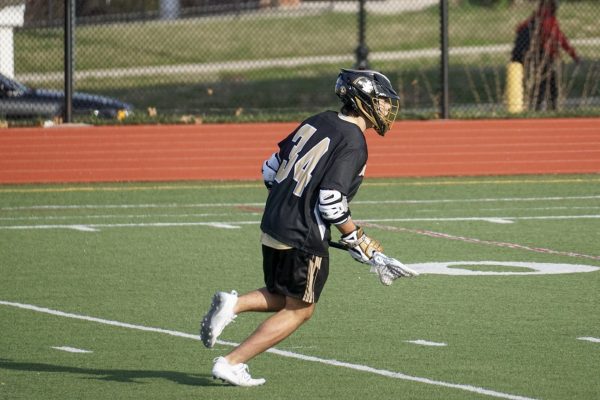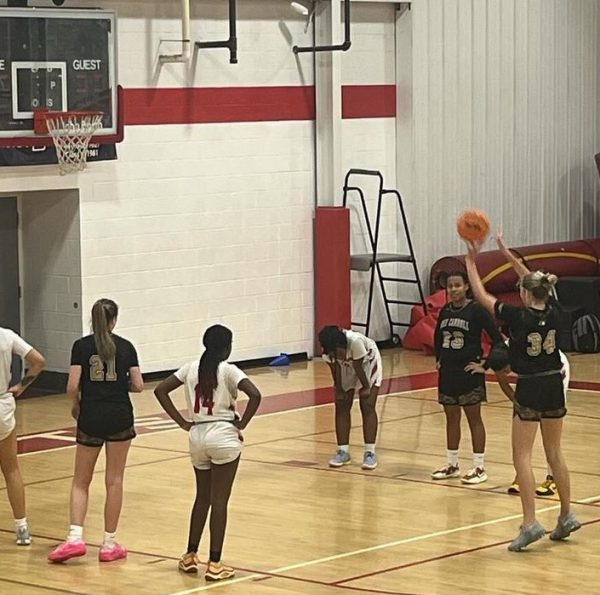The mental implications of sports injuries are serious for athletes
February 17, 2022
A skillful player is injured, then enters physical therapy, then passes a physical test, and then can finally return to play. This is the common endless cycle all injured athletes are expected to go through.
Notice how all those milestones involve a focus on a player’s bodily recovery. After all, it’s a sports injury, what else is more important than recovering the noticeable point of pain?
Student-athletes need to address the mental implications of an injury, just as much as the injury itself.
Margot Putukian, the Director of Athletic Medicine and Head Team Physician at Princeton University, supports this statement. In an NCAA article, she gave some examples of what this mental toll could look like for student-athletes.
One problematic reaction Putukian has seen is that injured student-athletes may restrict their caloric intake because they feel that since they are injured, they “don’t deserve” to eat. Having personally experienced a critical sports injury, I understand and relate to this struggle.
Student-athletes are used to using their bodies constantly. They always practice and use their bodies to work-out in the gym or play their sport. To shift from that on-the-go mindset to bed rest is completely out of the wired routine of a student-athlete.
In turn, from the perspective of someone who’s been through that shock, it’s easy to lose track of what healthy habits are besides constantly being active. The thought that lies deep down in any student-athlete’s mind is how they can improve and be the best athlete they can be.
How can one then be the best from bed rest?
This thought process is common, yet unhealthy. There’s so much more to a student-athlete than their sport. Instead of combatting these feelings with an urge to push the injured body to miraculously “get better,” the focus has to be on treating the mental health of these athletes.
Not only is treating the mental health of injured athletes important for their well-being, but it improves the chances of a full recovery.
Several studies have shown that injured athletes with higher levels of stress, anxiety, and fear of reinjury are less likely to fully recover.
In one study of ACL reconstruction patients titled “Self-Reported Fear Predicts Functional Performance and Second ACL Injury After ACL Reconstruction and Return to Sport,” it was found those with higher levels of fear were 13 times more likely to suffer a second ACL tear within two years of returning to sports than those who were less fearful.
Additionally, as referenced by Putukian, depression is a common experience for injured athletes. This depression has been associated with worse patient-reported outcomes, higher levels of pain, and increased rates of post-surgical complications.
Injured student-athletes who are having a problematic psychological response to injury may be reticent to seek treatment.
However, it’s important for coaches and athletic trainers to support injured student-athletes and do what they can to support the recuperation of mental health. Resources should be available and made known to all student-athletes that will support them in their journey to heal their bodies and minds.








